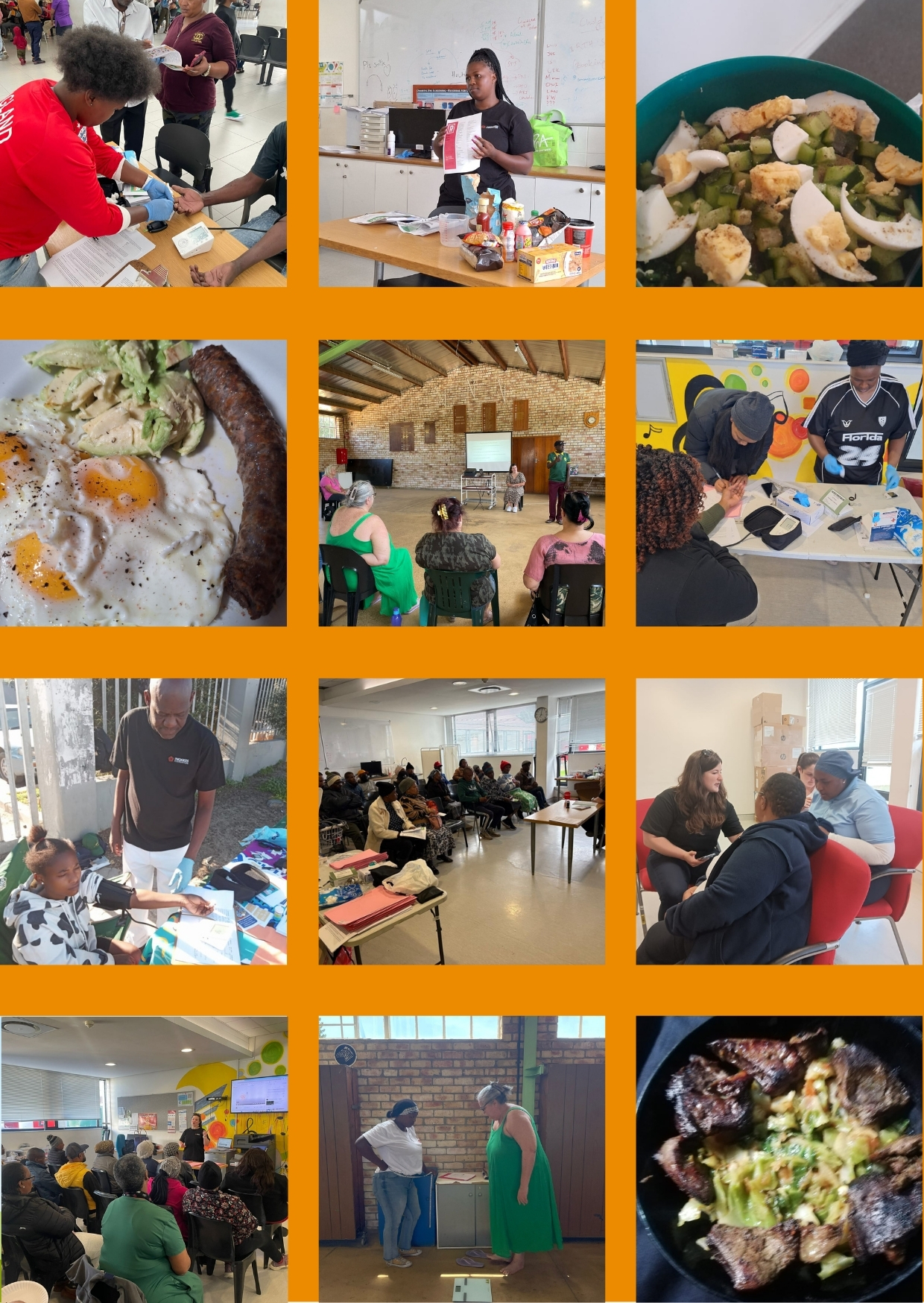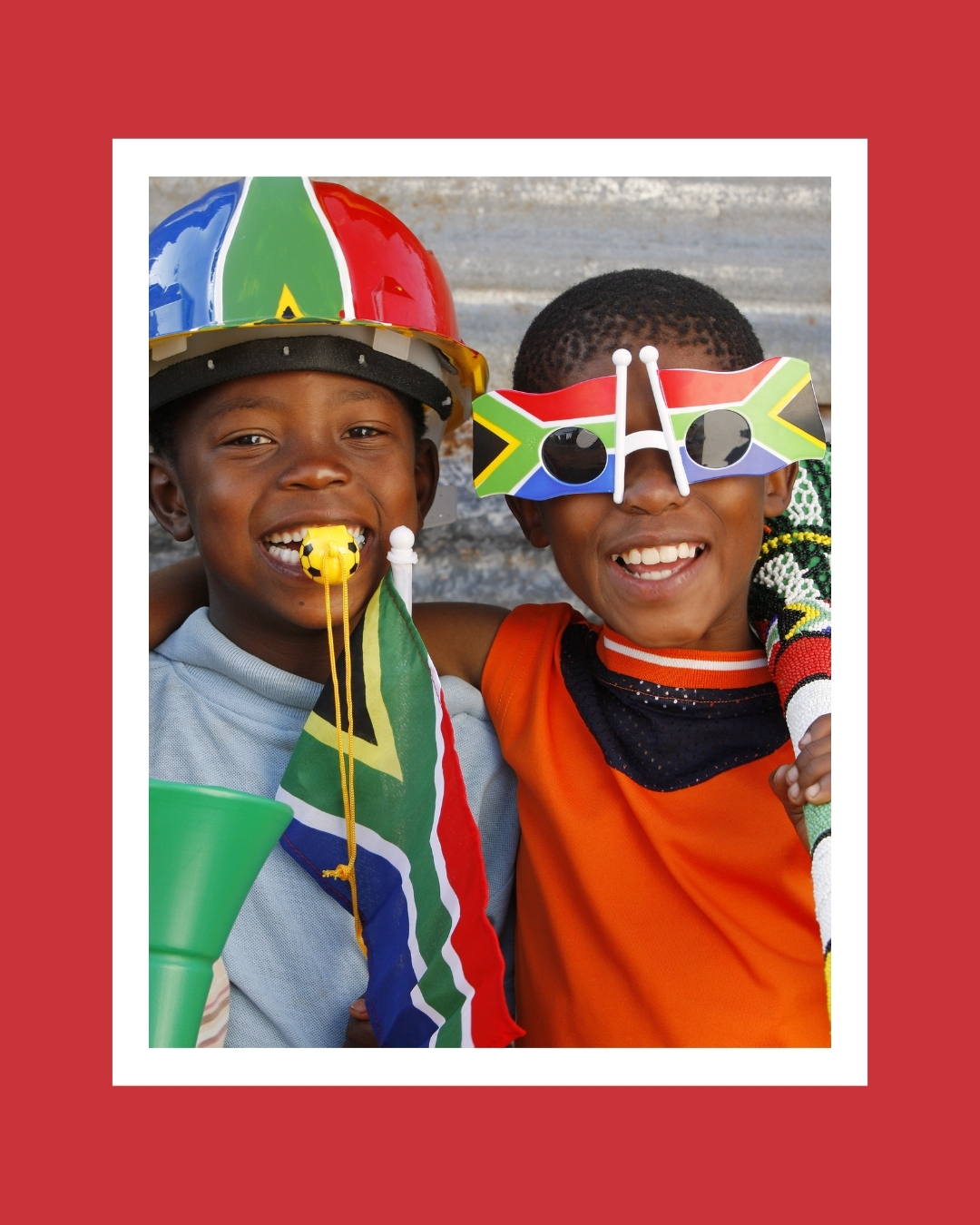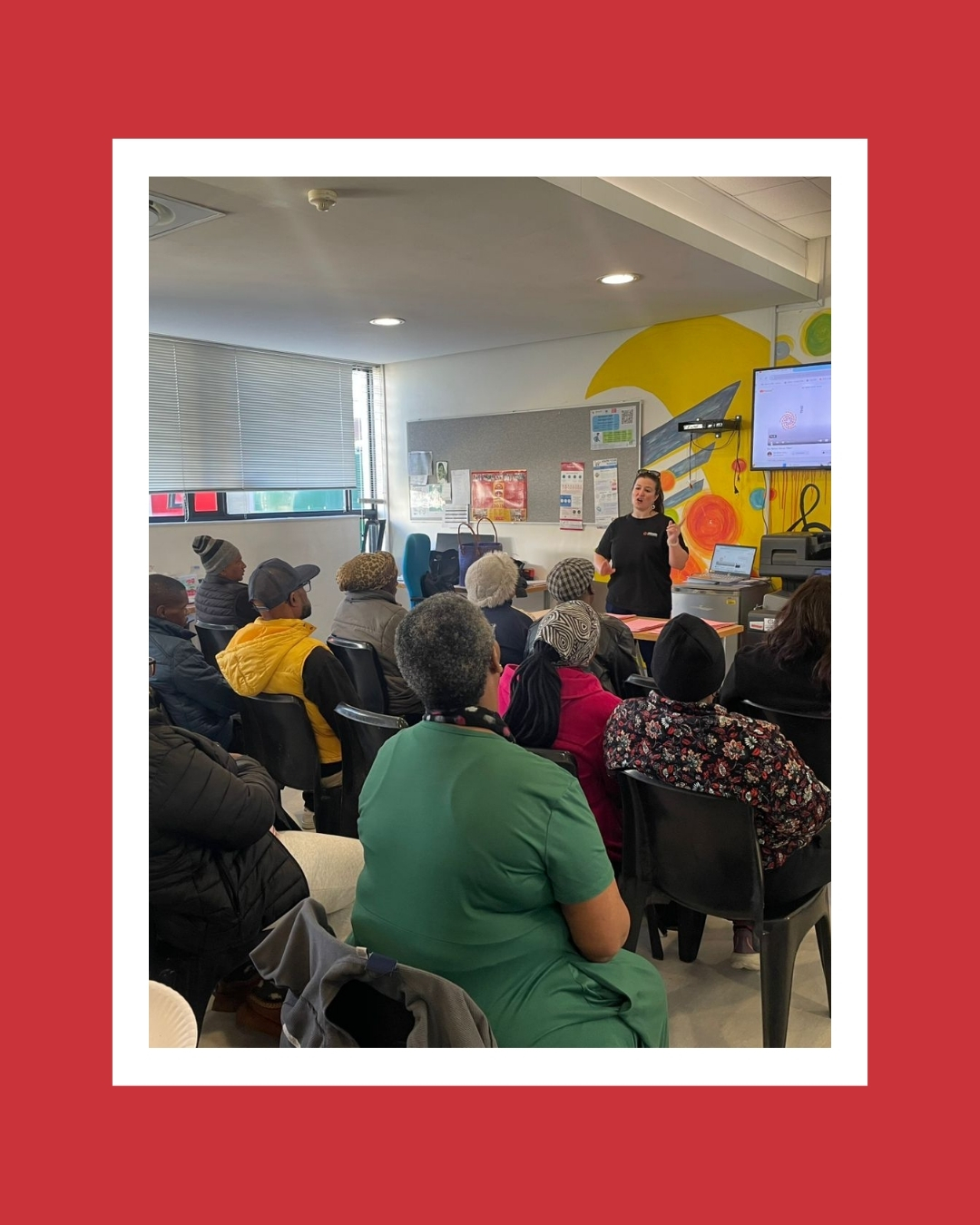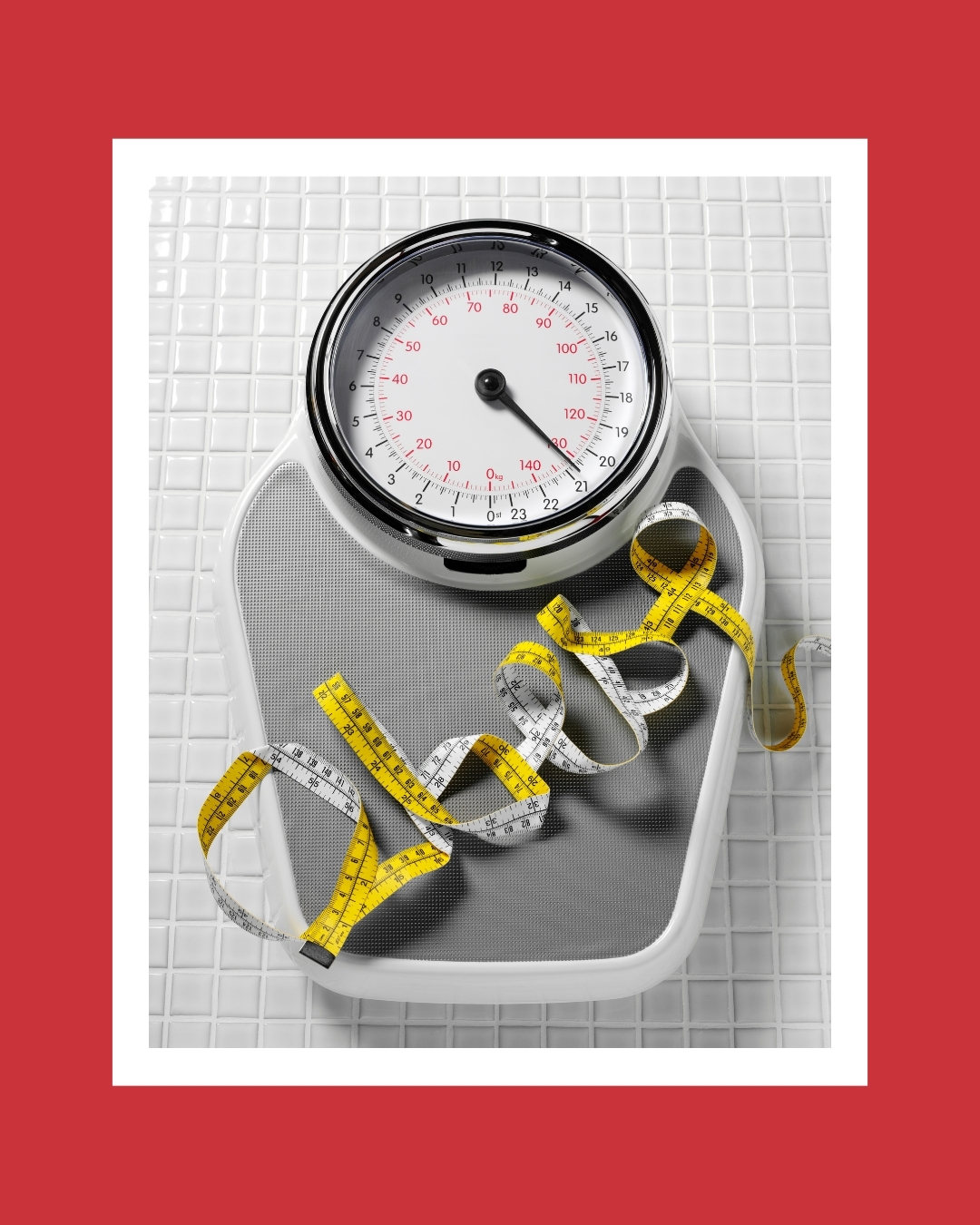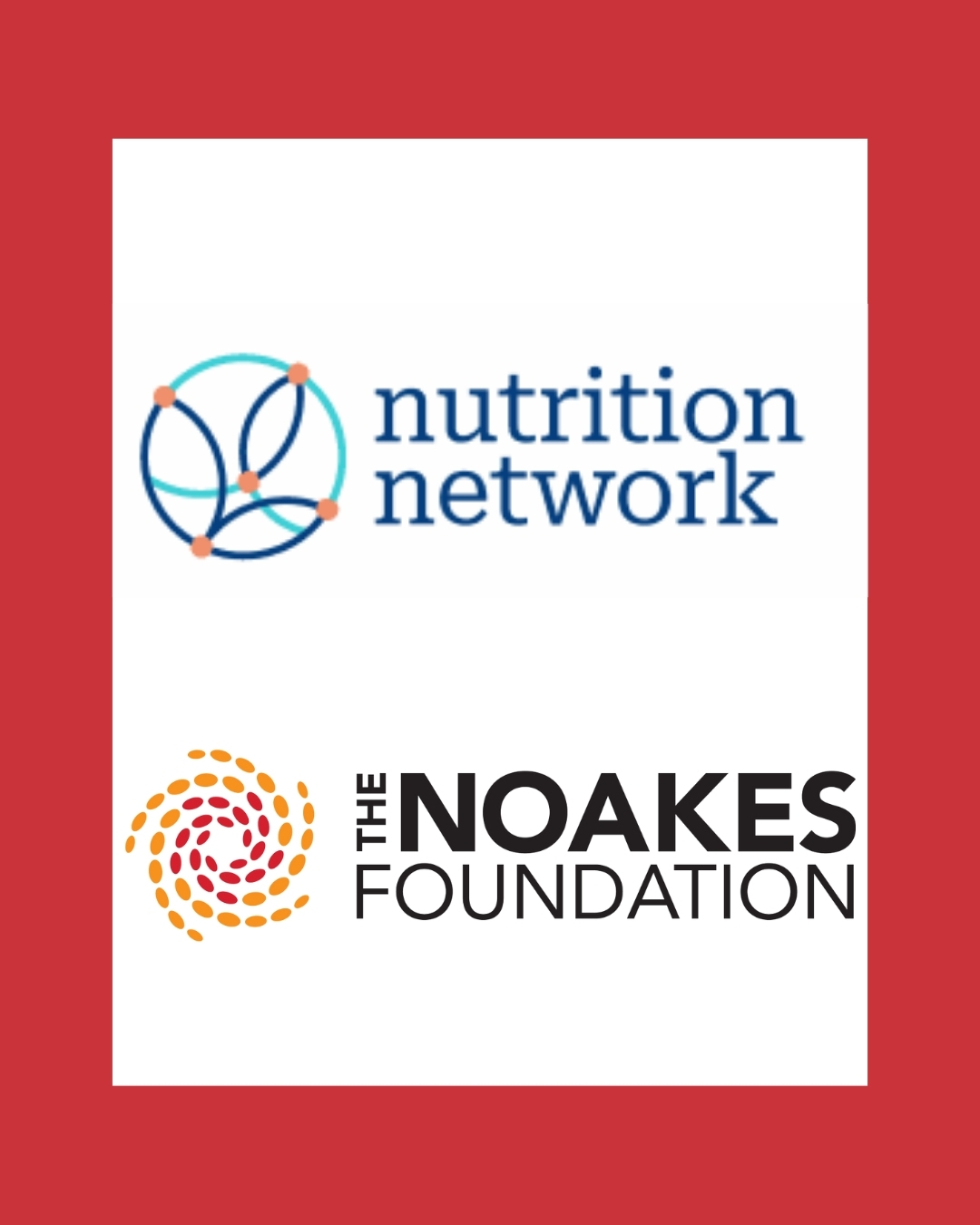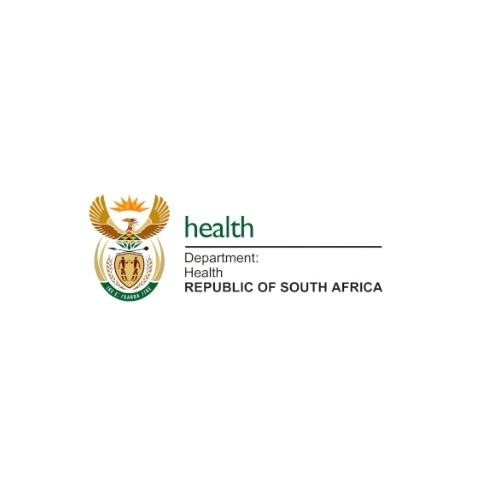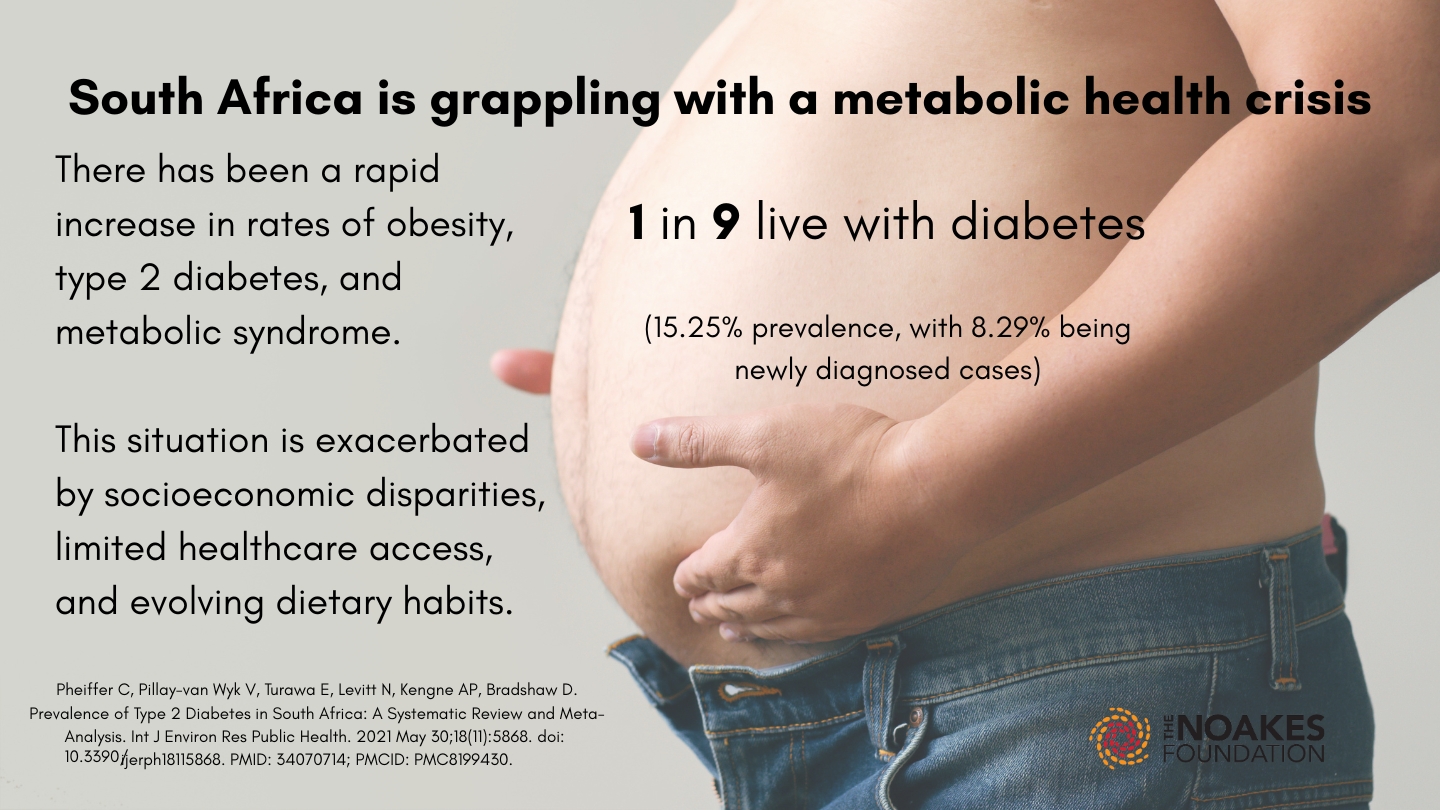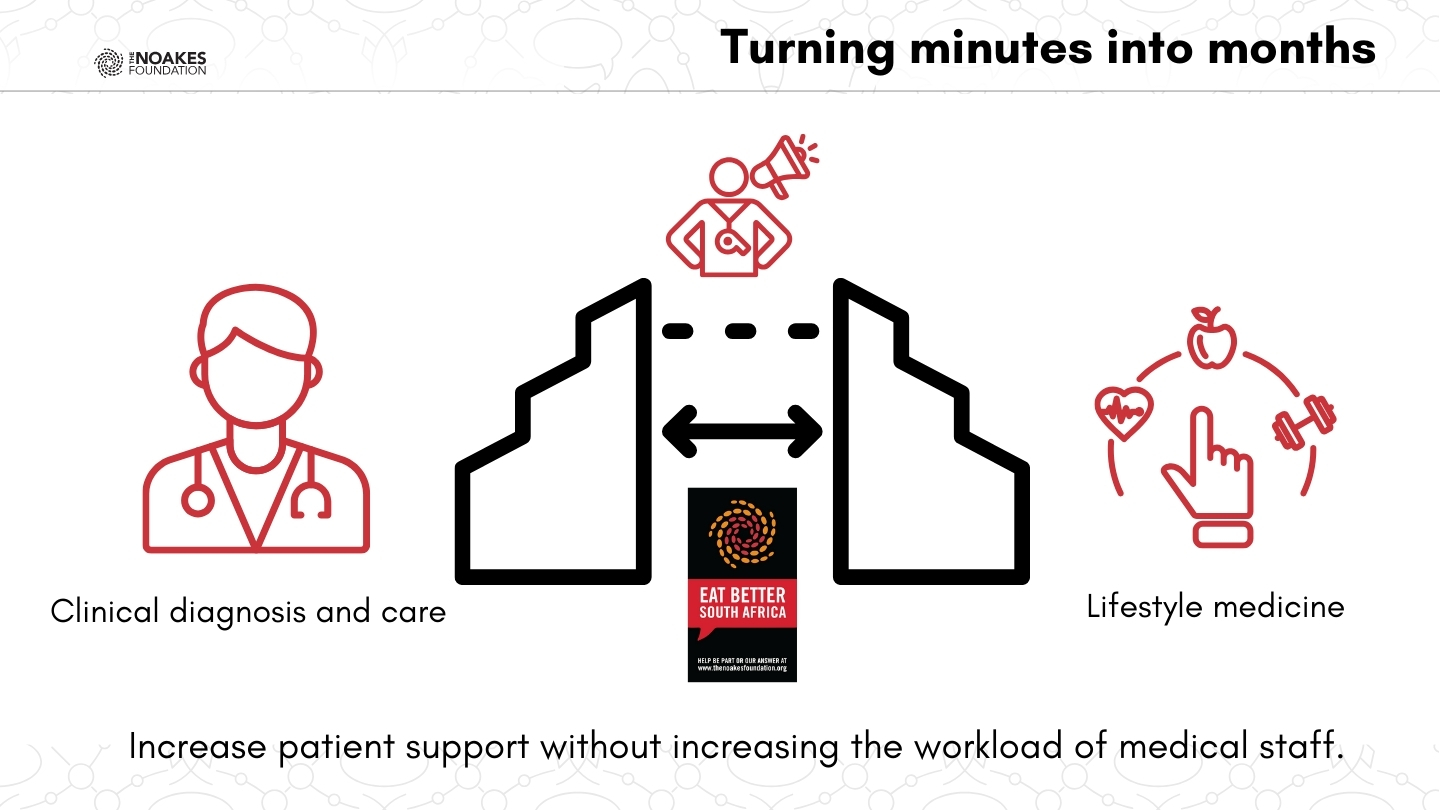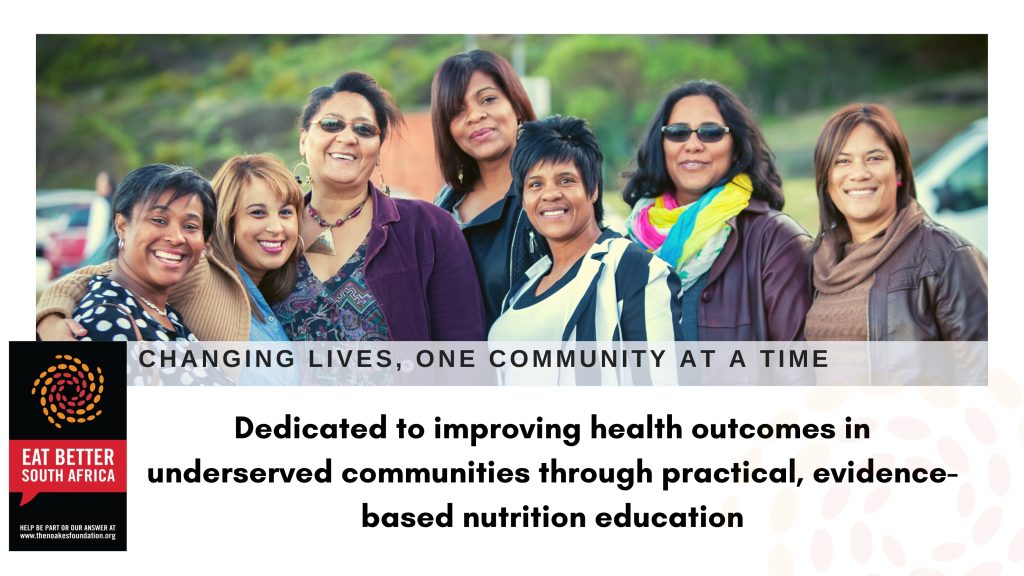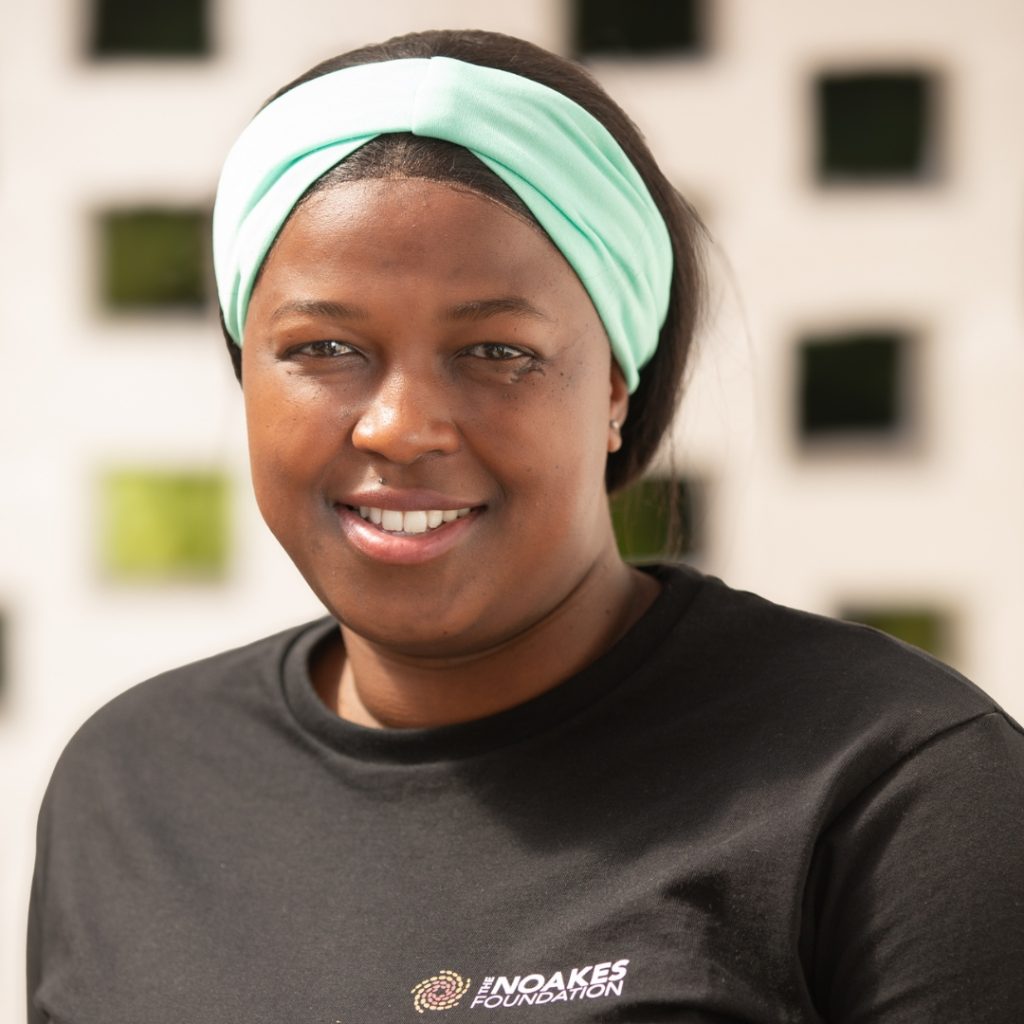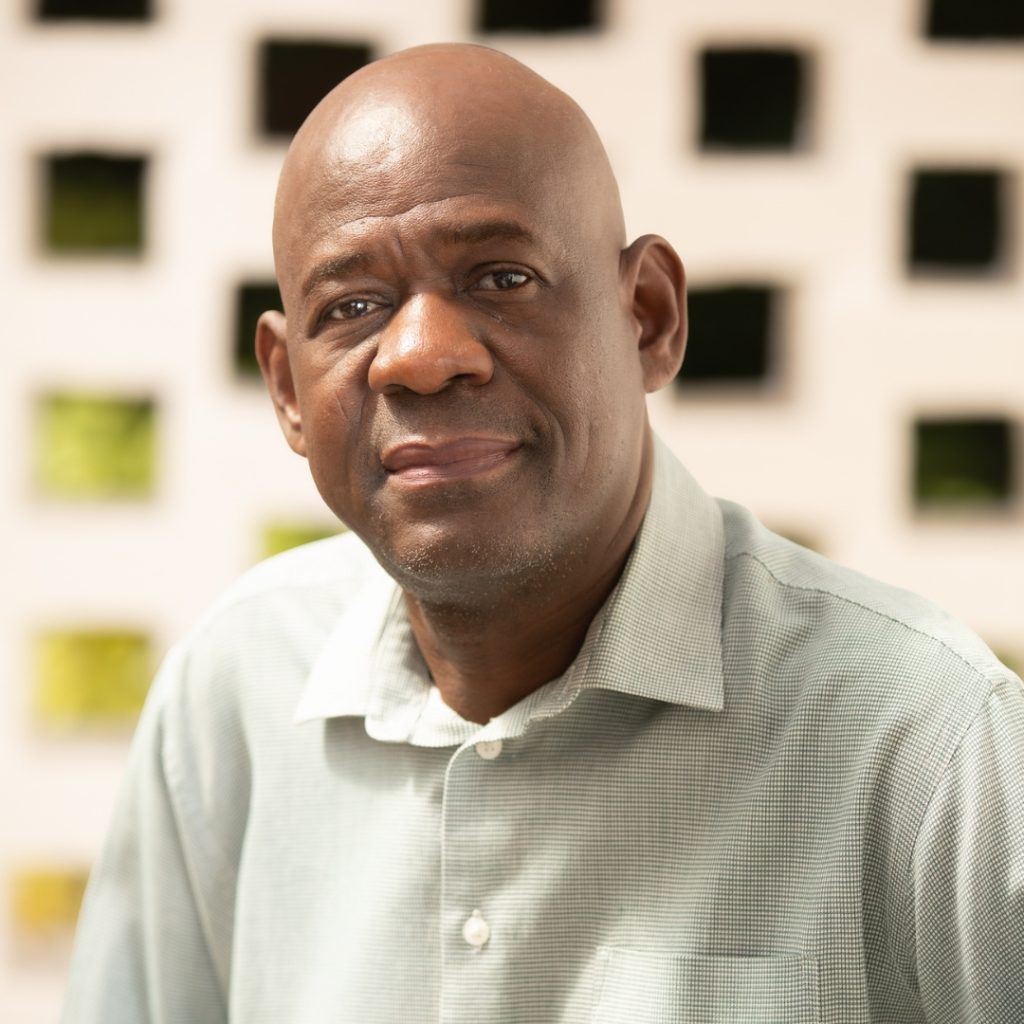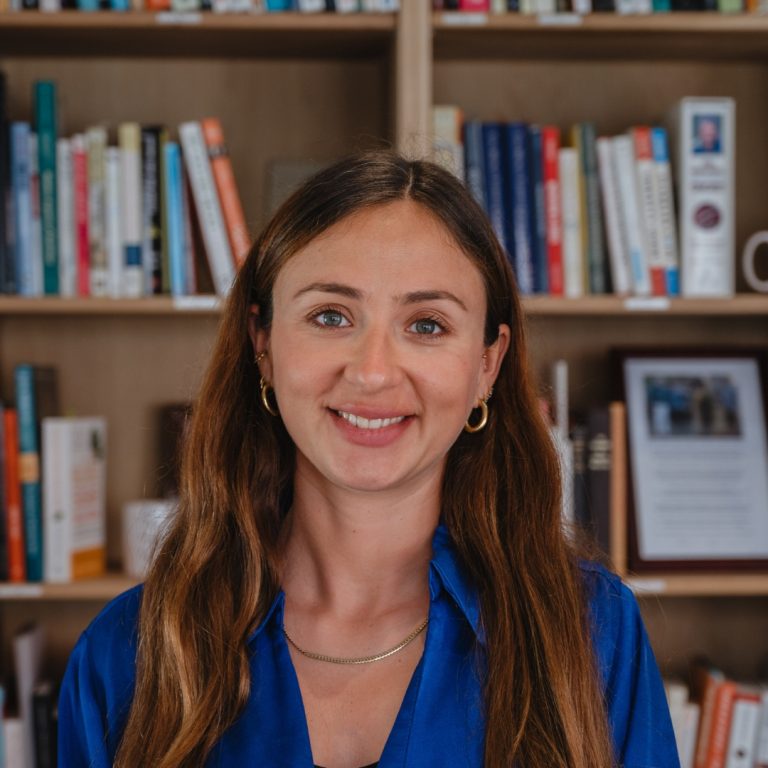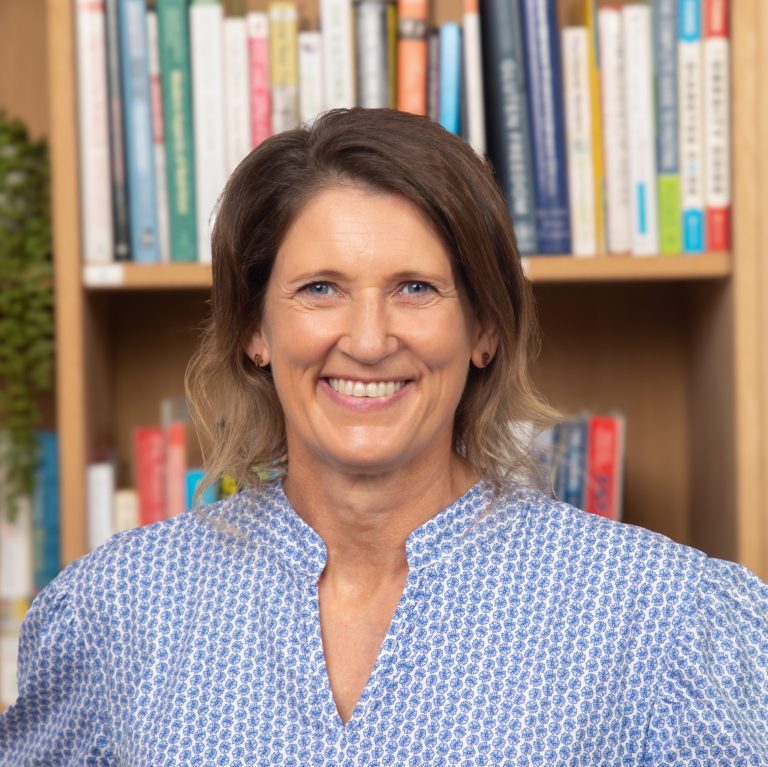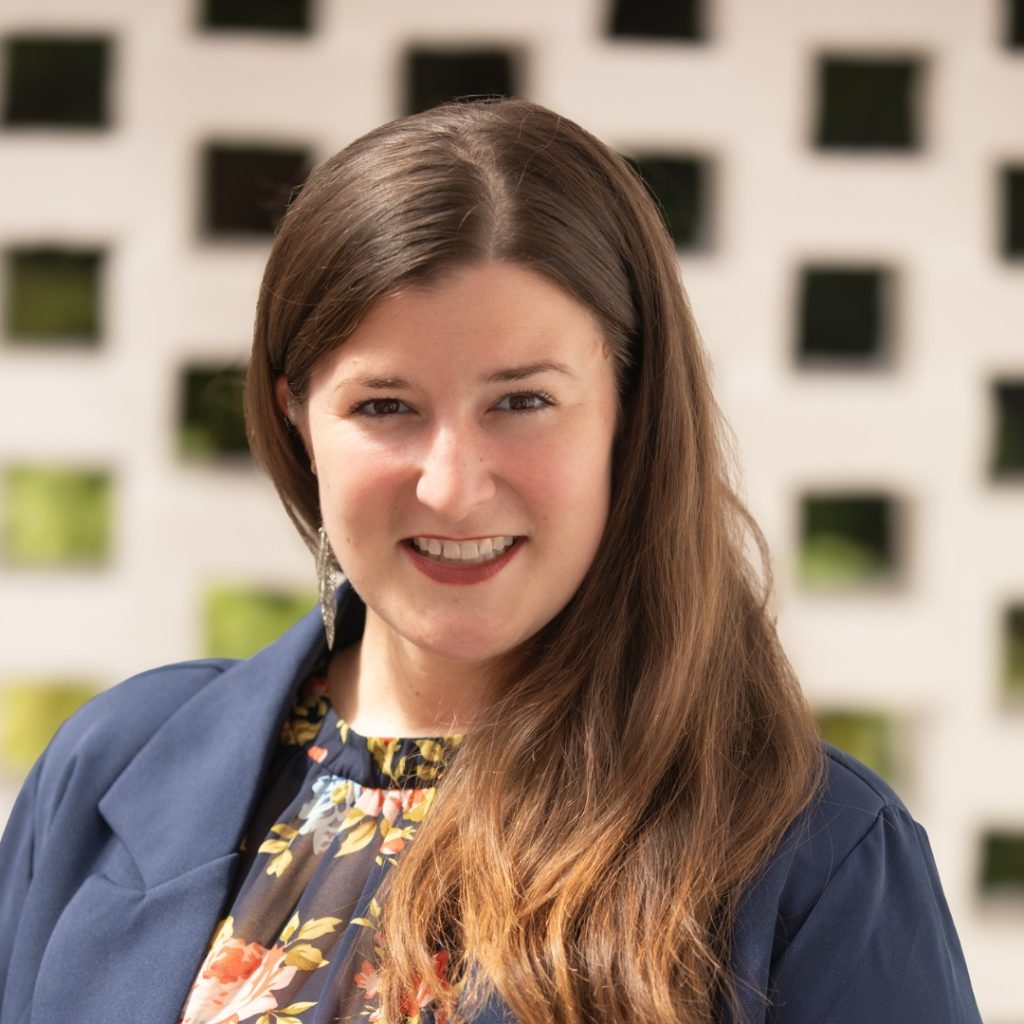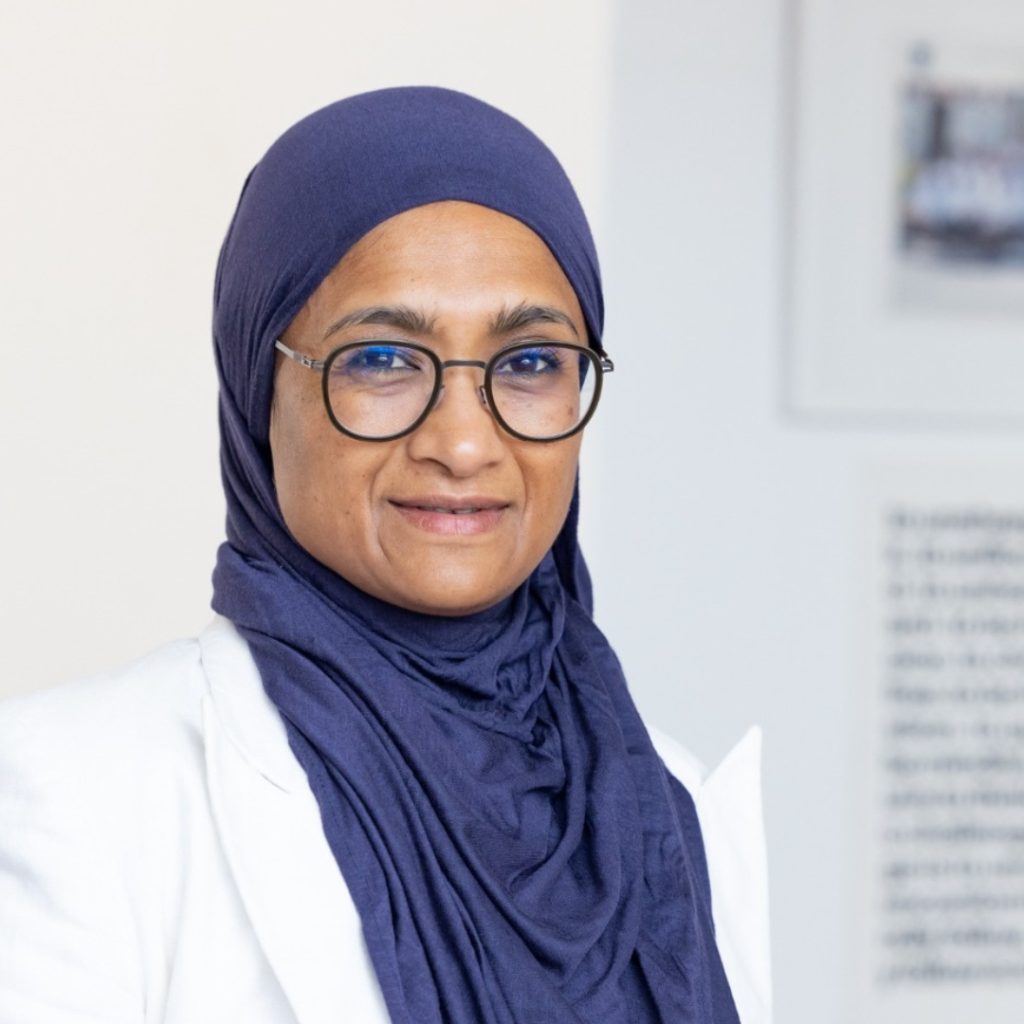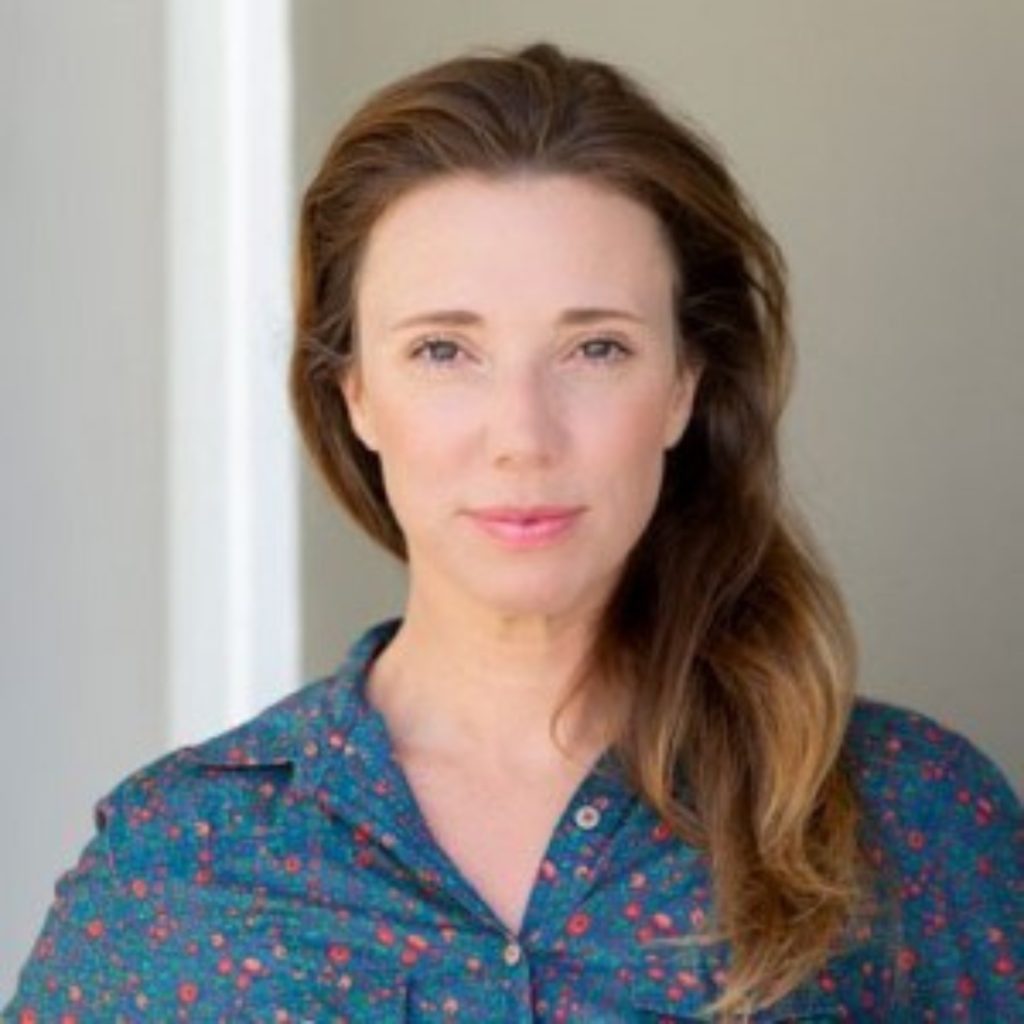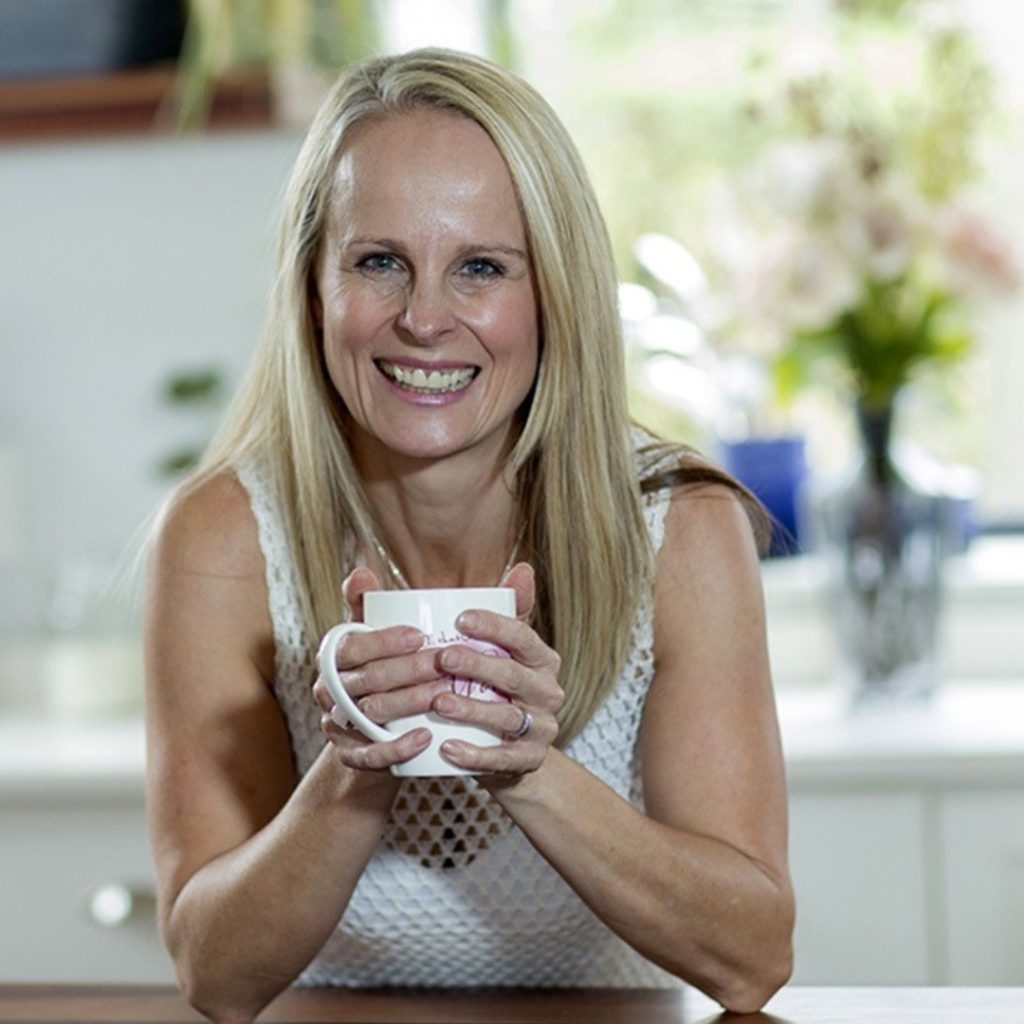Who We Are at Eat Better South Africa
Eat Better South Africa (EBSA) is a community-based nutrition education program created by The Noakes Foundation. Our mission is simple but powerful: changing lives, one community at a time.
We work with everyday South Africans, especially in low-income areas, where people are deeply affected by lifestyle diseases like type 2 diabetes, obesity, high blood pressure, and chronic fatigue. These health problems are often caused by a modern diet full of sugar and processed foods.
At EBSA, we believe that good health starts with real food, and that every person has the right to know how to eat in a way that supports their body, their family, and their future. You don’t need expensive products or complicated diets to feel better. With the right knowledge, support, and a few simple changes, anyone can start their journey to better health.
Our approach is practical, honest, and deeply rooted in community. Through local coaches, workshops, WhatsApp support groups, and hands-on education, we help people:
- Understand how food affects their health
- Swap harmful foods for nourishing, whole foods
- Learn to cook and shop on a budget
- Take small, powerful steps toward long-term wellness
We’ve seen hundreds of stories of people reducing their medication, losing weight, sleeping better, and feeling stronger, simply by changing what they eat. It’s not always easy, but it is possible, and we walk that path together.
At EBSA, we are building a future where every South African can live with energy, dignity, and hope. No matter your income, your past, or your health challenges, you deserve the chance to eat better and feel better.
